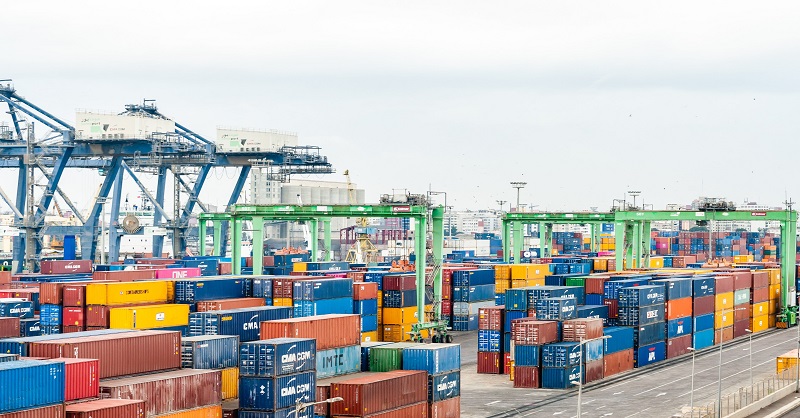Imagine yourself in the middle of colorful crops that are softly swaying in the breeze, all around you are rolling green hills, and you are breathing in the clean country air. Welcome to the world of organic farming, a sector where sustainability is emphasized and the abundance of nature thrives. As we explore the beauties of organic farming and learn the techniques for growing the land, come along on an exciting adventure with us.
Key Takeaways
Table of Contents
- Organic farming encourages environmentally friendly, sustainable agriculture methods.
- Produce that is nourishing and tasty is produced as a result of encouraging biodiversity and good soil.
- Organic farming encourages a relationship between consumers and the food they eat, enhancing general health.
The Foundation of Organic Farming
In this section, we examine the fundamental ideas behind organic farming and discuss its advantages for the environment and human health. Organic farming is a symbiotic dance between nature and human hands, encouraging biodiversity and lowering chemical inputs.
- Organic farming uses organic fertilizers like compost and animal dung to improve the health of the soil.
- It makes use of beneficial insects and crop rotation as natural pest control measures.
- The production of safe and wholesome food is ensured by the lack of synthetic chemicals in organic farming.
Planting the Seeds of Knowledge
This part explores the value of education and how it contributes to the success of organic farming. For a healthy world, it is essential to educate everyone about sustainable practices, from farmers to consumers.
- Training for farmers benefits organic communities.
- Consumer understanding of good organic choices is increased by education.
- Farm-to-school programs encourage kids to enjoy organic food.
Organic Agricultural Around the World
Take a virtual trip around the globe as we examine distinctive organic agricultural methods in diverse places. Discover how many civilizations embrace sustainable agriculture, from verdant vineyards to vast tea farms.
- Tribes in Peru utilize organic farming methods for their seasonal harvests.
- Organic farming and cosmological cycles are combined in French vineyards.
- The tea farms in Sri Lanka guarantee worker safety and pesticide-free drinks.
From Farm to Fork

Come along as we trace the path of organic food from the fields to our plates while highlighting the benefits of choosing organic for both the environment and our health.
- Genetically modified organisms (GMOs) and artificial additives are absent from organic food.
- Organic fruits and vegetables have rich tastes and high nutritional value because of good soil and sustainable growing methods.
- Supporting nearby organic farms helps cut down on the carbon emissions brought on by long-distance travel.
Cultivating the Future
In this section, we talk about how organic farming has to keep innovating and collaborating to meet the demands of a rapidly changing global environment.
- The main goals of research and development are to enhance organic agricultural practices, boost production, and lessen environmental effects.
- Collaboration between farmers, researchers, and decision-makers guarantees that organic farming expands and advances on a worldwide scale.
- The efficiency and sustainability of organic farming may be improved by embracing technology, such as precision farming and environmentally friendly irrigation systems.
Arizona Probate Law
Understanding pertinent legal factors, such as Arizona probate law, is important when it comes to organic farming. The distribution of assets and the administration of estates following a person’s demise are governed by Arizona probate law. Understanding Arizona probate law will enable organic farmers to preserve their legacy for future generations by ensuring a seamless transfer of their assets and agricultural land. The probate procedure can be navigated more effectively and successfully by seeking legal advice from qualified experts.
Final Thoughts
It becomes clear as we wrap off our investigation of organic farming that this kind of farming is about more than just growing food. It stands for an all-encompassing worldview that honors the interdependence of nature, the wellbeing of our bodies, and the welfare of future generations. We may actively contribute to the push towards a more harmonious connection with the land by making the choice to eat organic food, supporting regional farmers, and speaking out in favor of sustainable agricultural methods. Let’s keep caring for the environment by growing organically and enjoying the abundant benefits it offers. Together, we have the power to plant the seeds of a future that is both more promising and sustainable for our planet and for us as individuals.




